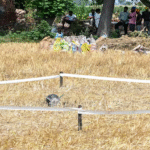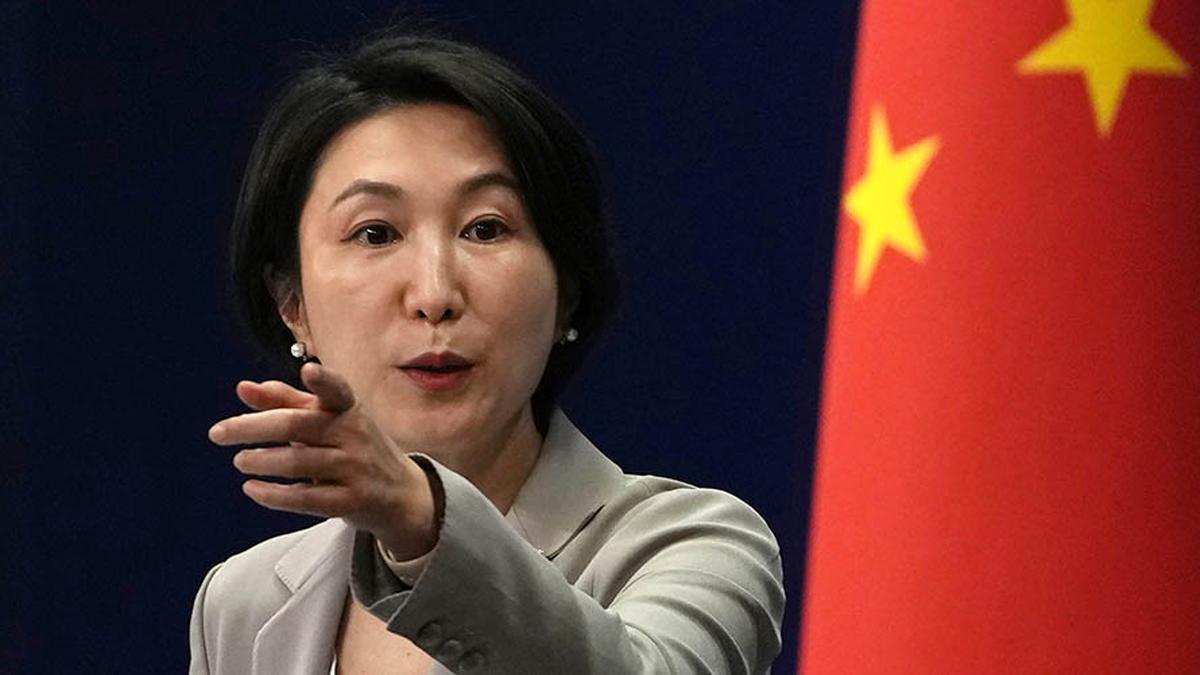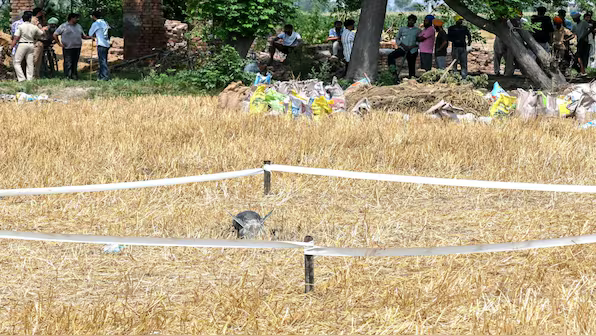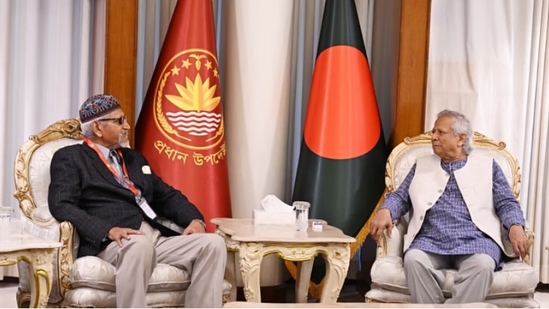In a shocking development that has sent ripples through international diplomacy, China has confirmed the execution of four Canadian citizens convicted of drug-related offenses. The move has sparked outrage in Canada, with the government in Ottawa condemning the executions as “inhumane and deeply troubling.”
The executed individuals, all dual citizens of Canada and China, were sentenced to death following their convictions for large-scale drug trafficking and distribution. Despite last-minute diplomatic interventions from Canadian officials, including Foreign Minister Mélanie Joly and Prime Minister Justin Trudeau, the Chinese government proceeded with the executions, citing the country’s strict laws against drug crimes.
The Executed Individuals and Their Crimes
According to Chinese state media, the four Canadians were involved in a multinational drug smuggling ring that was dismantled in a joint operation between Chinese and international law enforcement agencies.
The individuals, whose names have not been fully disclosed, were accused of trafficking over 100 kilograms of methamphetamine and heroin into China. Authorities say they played a critical role in distributing the drugs across multiple Chinese provinces, posing what officials called a “severe threat” to public health and security.
Canada’s Response: Outrage and Condemnation
The Canadian government has reacted with strong condemnation, calling the executions a “barbaric act.” Prime Minister Justin Trudeau expressed deep concern over China’s judicial process, stating, “Canada unequivocally opposes the death penalty in all cases. This is a dark day for justice and human rights. We exhausted every diplomatic avenue to prevent this outcome.”
Foreign Minister Mélanie Joly echoed similar sentiments, calling China’s actions “a setback for diplomatic relations” and stating that Canada would reconsider its policies towards China in light of the incident.
China’s Justification: Law and Order First
China’s government, however, has remained firm in its stance. A spokesperson for the Chinese Ministry of Foreign Affairs defended the executions, stating, “China has zero tolerance for drug crimes. The individuals in question violated our laws, and the court decisions were carried out according to the legal framework of our country.”
China’s legal system enforces some of the harshest penalties for drug-related crimes, with traffickers often facing life imprisonment or the death penalty. Authorities argue that the strict policies serve as a deterrent to potential offenders.
The Diplomatic Fallout: A New Low in China-Canada Relations?
The executions have further strained relations between Canada and China, which have been fraught with tension since the 2018 arrest of Huawei executive Meng Wanzhou in Vancouver. That incident led to China’s retaliatory detainment of two Canadians, Michael Kovrig and Michael Spavor, in what was widely seen as “hostage diplomacy.”
Now, the latest executions could mark a turning point in the already fragile diplomatic relationship. Canadian lawmakers are calling for stronger actions, including potential trade restrictions and sanctions against China.
Opposition leader Pierre Poilievre criticized the Trudeau government for failing to protect Canadian citizens, saying, “We must rethink our engagement with China. They have shown no regard for human rights or due process.”
Global Reaction: Human Rights Concerns
The news of the executions has prompted widespread criticism from international human rights organizations, with Amnesty International calling the act “a clear violation of human rights.”
“The death penalty should have no place in the modern world,” said an Amnesty spokesperson. “China’s legal system remains opaque, and fair trials are not guaranteed. These executions raise serious questions about the treatment of foreign nationals under Chinese law.”
The United Nations also weighed in, urging China to reconsider its use of capital punishment. “We call upon all nations to move towards abolishing the death penalty, particularly in cases where due process may have been compromised,” a UN human rights official stated.
Could This Lead to a Broader Crisis?
Many experts fear that this incident could lead to a broader crisis, not just between China and Canada, but between China and other Western nations that oppose the death penalty. The concern is that if China takes similar action against other foreign nationals accused of drug crimes, it could trigger diplomatic standoffs with multiple countries.
Dr. Richard Wallace, an expert in international relations, warns that this could set a dangerous precedent. “If China refuses to acknowledge diplomatic interventions in cases involving foreign nationals, it will create an atmosphere of uncertainty. Countries will have to reconsider the risks faced by their citizens abroad.”
Canada’s Next Steps: Diplomatic Sanctions or a Harder Stance?
In response to the executions, Canada is now exploring a range of actions, including:
- Imposing Economic Sanctions – Restricting trade with Chinese companies and reviewing investment policies.
- Increasing Diplomatic Pressure – Working with international allies to apply pressure on China through the United Nations and other diplomatic channels.
- Warning Canadian Travelers – Issuing stricter travel advisories for Canadians visiting China, especially those involved in business or trade.
- Rethinking China-Canada Relations – Reviewing existing agreements, including trade partnerships and educational exchanges.
As Canada weighs its options, many citizens are calling for a stronger stance against China. Protests have erupted in several Canadian cities, demanding that the government take decisive action to prevent similar incidents in the future.
What Happens Next?
The executions of the four Canadians have sent shockwaves through both diplomatic and human rights circles. The event has raised serious questions about China’s legal process, the treatment of foreign nationals, and the broader implications for international relations.
As the world watches, Canada faces a crucial decision—whether to pursue diplomacy or take a harder stance against China. The coming weeks will determine if this tragic event leads to a diplomatic breakthrough or an even deeper rift between the two nations.
For now, one thing is clear: the executions have left a lasting impact, and the road ahead for Canada-China relations looks more uncertain than ever.
Related News.
3 Ukrainian Drone Strikes on Russian Airbase: A Game-Changer or Escalation Risk?
5 U.S. Strikes in Yemen: A Tactical Move or the Start of a Bigger War?
Italy 6 Lives Lost, 40 Missing: Who Is to Blame for the Lampedusa Boat Disaster?




















One thought on “4 Canadians Executed in China: Justice Served or Diplomatic Crisis?”